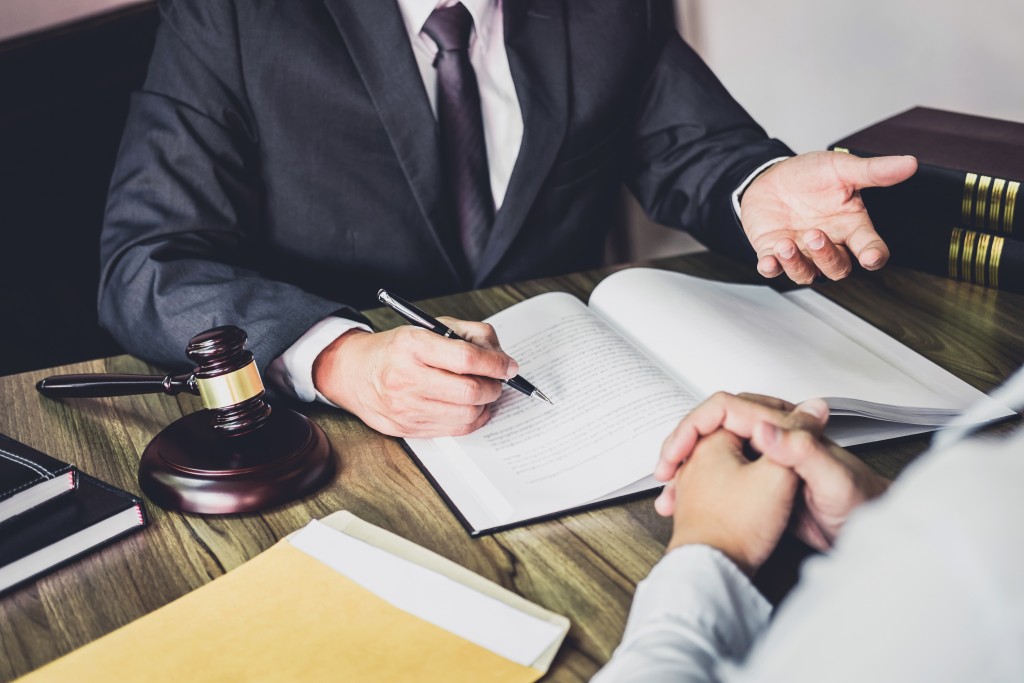I am studying in the third year of the State University of Economics and Technology.I specialize in contractual, economic and corporate law, in particular, I provide consultations and write articles.
The current criminal procedural law provides for the opportunity for the victim and the suspect or accused to enter into a reconciliation agreement.
This institution of law is based on mediation between the parties to criminal proceedings, and the result of such a process is an agreement, documented in the form of an agreement, which will significantly influence the further course of the case, therefore, before concluding an agreement, a high-quality legal assessment is extremely important.
The conclusion of a reconciliation agreement is only possible in proceedings involving misdemeanors and minor crimes, as well as if the proceedings are carried out in the form of a private prosecution.
Analysis of the features of the reconciliation agreement:
The conclusion of a transaction can be initiated both at the stage of pre-trial investigation (after serving a notice of suspicion) and during the trial.
The initiative itself can come from the side of the victim or from the side of the suspect or accused.
The exception is cases related to domestic violence, since in them the initiative can only be shown on one side - on the part of the victim.
Mediation of the parties is carried out independently with the involvement of defense attorneys, representatives or other persons. It is important to pay attention to the content of the agreement, since the legislation clearly establishes the provisions from which it should be drawn up, namely: information about the parties being concluded, suspicion or accusation is formulated, the amount of harm caused is determined, a list of actions that the suspect or accused must perform in favor of the victim with for the purpose of compensation for damage caused or for another purpose and the period for their implementation, as well as agree on the punishment and give consent to its appointment, or exemption from serving it from probation, determine the list of consequences of concluding an agreement and its failure to comply (the list of consequences is determined by law).
As for the consequences of imprisonment themselves, they are contained in Art. 473 of the Code of Criminal Procedure, which defines the following:
- the suspect, accused victim is limited in the right to appeal the verdict, and waive the right to a trial during which the prosecutor will prove each of the circumstances of the offense of which he will be accused;
- the victim will be limited in the right to appeal the verdict, and will also be deprived of the right to demand that the person with whom he enters into an agreement be held accountable for this offense in the future, and to change the amount of compensation claims.
In this case, a number of consequences are assumed that will occur in the event of failure to comply with the concluded agreement by the suspect or accused.
In this case, the victim himself or the prosecutor can apply to the court with a petition in which to justify the requirement to cancel the sentence.
If the court grants the petition, the verdict will be canceled and a trial will be ordered according to the general procedure, or the materials of the proceedings will be sent to complete the pre-trial investigation.
Representation of interests in court:
- A criminal lawyer is a very important participant in the proceedings who will provide reliable legal defense in court to his client and a legal analysis of the situation.
- Starting from the opening of proceedings, a criminal lawyer for court will accompany the client in all procedural actions with his participation and will not allow gross violations of his rights and interests during them.
- A criminal lawyer has a wider range of opportunities to collect evidence and, accordingly, give the necessary legal evaluation.
- Legal analysis of the situation is of exceptional importance when choosing a defense strategy and its implementation, because the experience and special knowledge of the lawyer in court play a significant role in this.

































